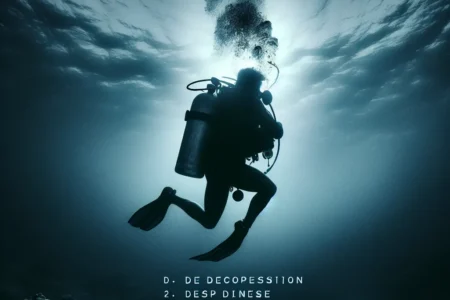Artykuł skupia się na wprowadzeniu problemu boreliozy w Polsce, szczególnie w kontekście praktyki dentystycznej. Opisuje on zagrożenia związane z boreliozą, przestrzega o konieczności profilaktyki oraz informuje o możliwości przeprowadzania testów na boreliozę. Artykuł podkreśla, że polscy dentyści, pracujący w obszarach zielonych, gdzie kleszcze są obecne, powinni być świadomi ryzyka i podejmować odpowiednie środki ostrożności. Przeprowadzenie testów na boreliozę jest przedstawione jako istotny krok w zapewnieniu bezpieczeństwa pacjentom i personelowi medycznemu. Artykuł informuje również o kontrowersjach wśród polskich dentystów dotyczących tego tematu. Zachęca czytelnika do dalszego zgłębienia problemu oraz zwraca uwagę na konieczność uwzględnienia testów na boreliozę w praktyce dentystycznej w Polsce.








